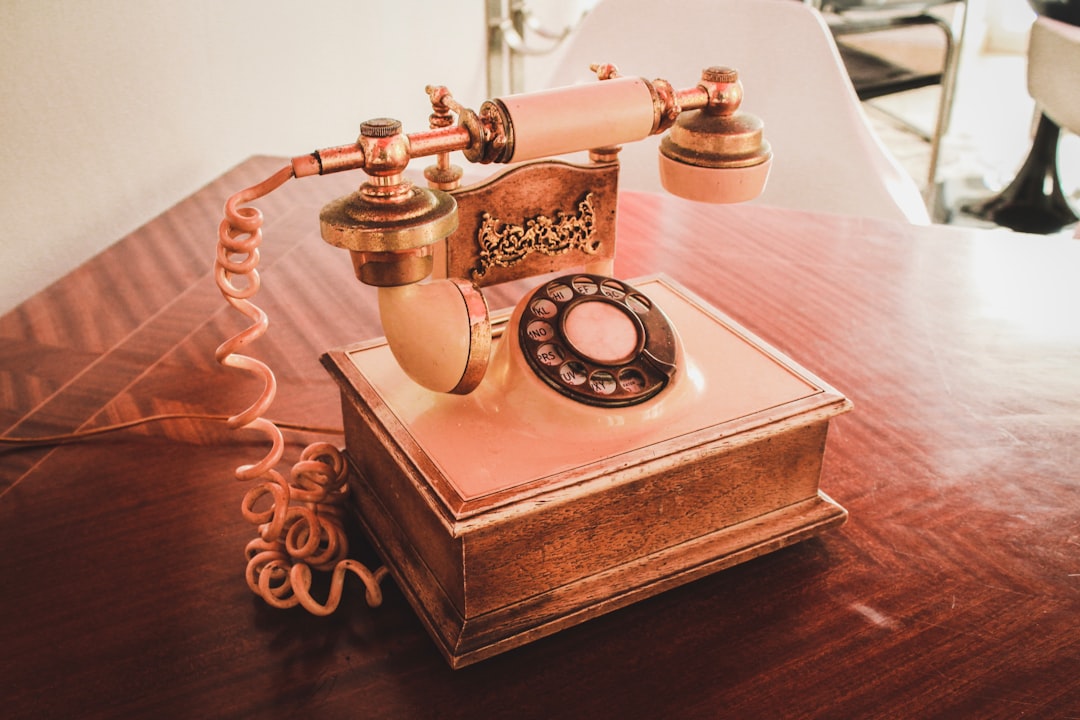Cultural sensitivity and understanding local communication norms are vital for successful telemarketing in diverse regions like Louisiana. Companies must tailor strategies to comply with laws protecting residents from unwanted robocalls, including obtaining prior consent, or face legal action under Louisiana and federal laws. Individuals experiencing excessive or harassing automated calls have options, such as suing for damages incurred from nuisance calls.
In today’s globalized world, telemarketing practices must adapt to diverse cultural landscapes. This is especially true in Louisiana, where unique legal frameworks govern robocalls. “Cultural Differences in Telemarketing” explores how cultural sensitivities play a pivotal role in shaping the state’s robocall environment. We delve into Louisiana’s laws regarding unwanted calls and provide insights on navigating legal actions for robocalls. Understanding these nuances is essential, particularly when considering if you can sue for robocalls in Louisiana.
Understanding Cultural Sensitivity in Telemarketing

In the realm of telemarketing, cultural sensitivity is paramount, especially as robocall landscapes vary significantly across different regions, including Louisiana. Understanding and respecting cultural differences can prevent legal issues and foster better connections with potential customers. Each culture has its own communication norms and preferences, which can greatly impact how a robocall is perceived. For instance, while direct and assertive communication might be acceptable in some cultures, it could come across as aggressive or intrusive in others.
Louisiana, like many states, has laws in place to protect residents from unwanted robocalls, including provisions that allow individuals to sue for damages if they feel their privacy has been violated. Therefore, telemarketing companies must be vigilant about cultural nuances to avoid legal complications and maintain a positive reputation. By tailoring their communication strategies to suit local customs, businesses can enhance customer satisfaction and loyalty, thereby ensuring a more successful and compliant robocall campaign in the state.
Louisiana Laws and Robocalls: What You Need to Know

In Louisiana, robocalls are subject to specific laws designed to protect residents from unsolicited phone marketing. The state has implemented regulations to curb excessive or unwanted automated calls, including provisions that give consumers the right to opt-out of such calls. Despite these measures, individuals still face robocalls on a regular basis, leaving many wondering: Can I sue for robocalls in Louisiana?
According to Louisiana laws, businesses engaging in telemarketing activities must comply with strict guidelines, including obtaining prior consent from recipients before making automated calls. If a company violates these rules and makes unwanted robocalls, individuals have the right to take legal action. Consumers who believe they have been victimized by illegal robocalling practices can file a complaint with the Louisiana Attorney General’s Office or consult with a legal professional specializing in telemarketing law to explore potential remedies, including financial compensation for privacy invasions and nuisance calls.
Navigating Legal Actions for Unwanted Calls

In Louisiana, as in many states, unwanted telemarketing calls, often referred to as robocalls, are regulated by state and federal laws. If you’ve received an excessive or harassing number of these automated calls, you may have legal recourse. The Telephone Consumer Protection Act (TCPA) provides significant protections against such calls, allowing recipients to take action against violators.
If a company has repeatedly ignored your “do not call” requests or used automatic dialing systems to contact you without your prior consent, you can file a complaint with the Federal Trade Commission (FTC). Additionally, Louisiana law offers further safeguards, enabling residents to sue for damages if they’ve been victims of nuisance calls. Understanding these legal actions is crucial in navigating and addressing the robocall landscape in Lafayette and beyond.






